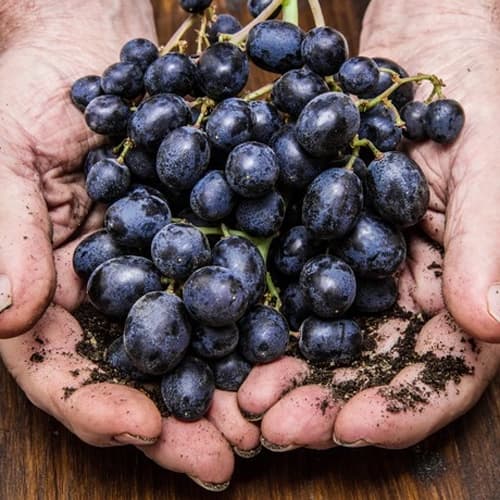As more natural wines hit the store shelves, it has many asking whether or not it’s the “real deal”.
Natural and biodynamic wines are rapidly becoming all the rage along with health and eco-friendly movements to improve personal well-being and the environment.
Many people would like to know if these products are all hype or truly as good as they claim.
The truth is that biodynamic wine techniques and those associated with other natural methods, such as organic winemaking, are not anything new. However, this type of wine is beginning to attract greater attention, and more conventional wineries are starting to adopt their methods.


Biodynamic wine requires the makers to follow specific natural growing and production methods.
Some more mainstream critics have dismissed their existence, right off the bat, as a fad or even a scam; a growing number of people (and other critics) are saying quite the opposite. They are enjoying the fact that they can experience a truly flavorful, high-quality wine without having to cause undue harm to the environment or ingest traces of chemical herbicides, pesticides, fertilizers and preservatives.
Many sommeliers prefer these various forms of more natural organic and biodynamic wines to their mainstream counterparts, saying that there is greater depth to the flavours and achieving a boldness without being harsh.
Of course, as is the case in the conventional wine industry, not all biodynamic wines are created equal, and personal taste will also have a great deal to do with which products are most enjoyed. Furthermore, some enjoy the taste of a bottle produced one way over another or don’t enjoy a flavour. Natural wine, for example, is a flavour that one will either like or dislike off the bat and that one must “understand” to enjoy and appreciate, say its fans.
Another factor that many biodynamic wine fans enjoy is a product without sulfites dioxide – which is used in most mainstream wines as a stabilizer, antibacterial, and antioxidant. These products must be created in the most meticulously hygienic conditions and handled with exceptional care, or they will risk spoiling. That factor alone is enough to convince many that they are receiving a very high-quality wine – although the taste doesn’t hurt, either.
Organic wine consumption is on the rise
3.6 per cent of all wine consumed worldwide is organic. This number is currently higher in the UK, at 5%. By 2022, this will have more than doubled, with 9% of all wine consumed in the UK being organically grown. Oenophiles worldwide are embracing the concept and appreciating the health advantages of organic wine, including biodynamic wines.
















